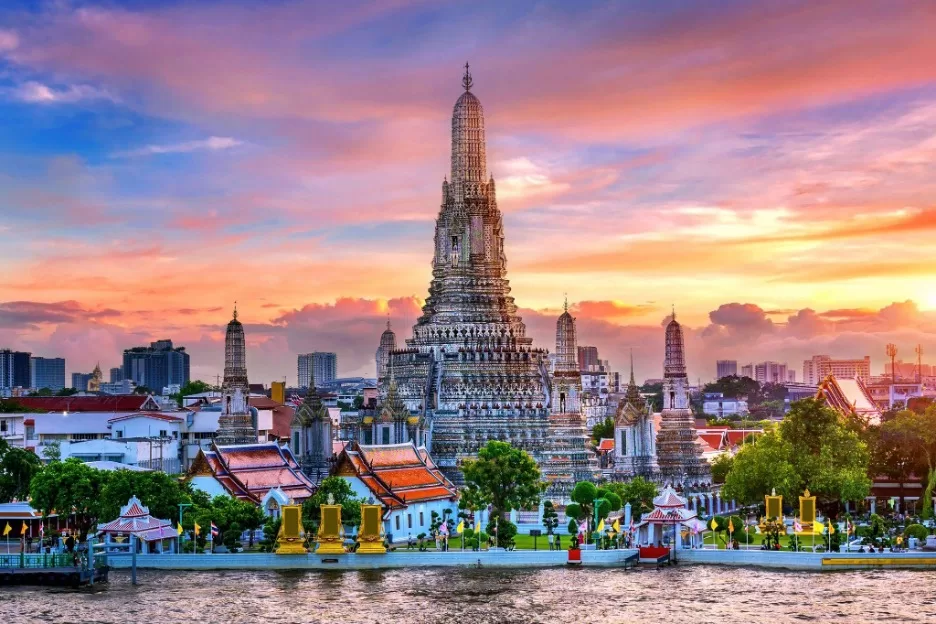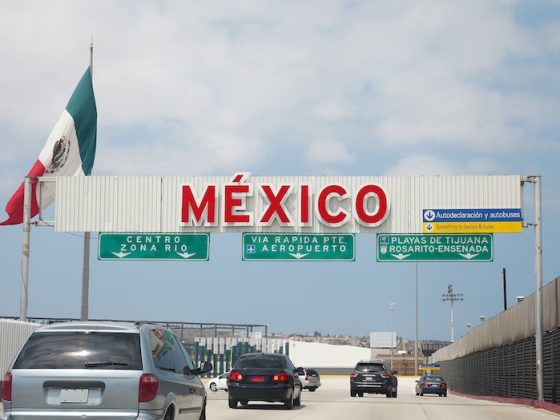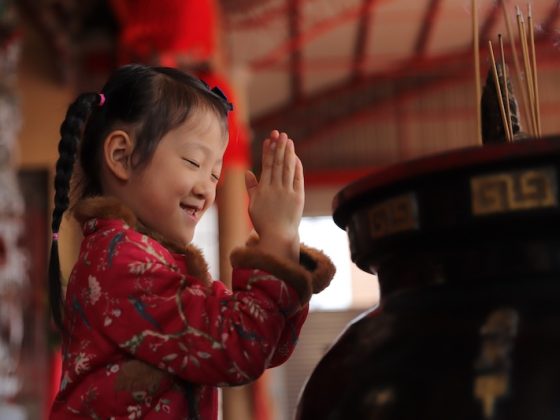If you were to ask tourists queuing up to fly home after visiting Thailand for the first time whether they considered purchasing property during their trip, the vast majority would likely admit that they’d thought about it.
Thailand has all of the trappings of a tropical paradise. Whether it’s been on your bucket list for a while or a vague notion you got while wandering Bangkok at night, buying real estate in Thailand—the so-called Land of 10,000 Smiles—is a common thought.
Bangkok is one of the world’s most popular destinations for good reason. Home to a rich history and culture, the Thai capital offers travelers a true sense of mystery and wonder while providing great creature comforts. This East-meets-West balance is one of the biggest selling points for foreigners who have purchased property in Bangkok and beyond.
In this city, known to some as the “Venice of the East,” you can wander through ancient temples and palaces by day and enjoy fantastic dining and lively entertainment at night. Just a short flight from world-class beaches, rolling mountains, and neighboring Southeast Asian hotspots, Bangkok may be the ideal place to buy property abroad.
But you do need to look before you leap, as Thailand has a host of strict and unusual rules and regulations when it comes to real estate, especially for foreigners. Here are seven crucial elements to keep in mind before you buy in the Thai capital or beyond.
1. Finding the Loophole
By law, a foreigner cannot own land in Thailand. If a foreigner wants to purchase land there are two courses to take. One is by not owning the property at all, but instead agreeing to a 30-year lease.
Most of these cases involve a foreigner marrying a Thai citizen, who then purchases the land and leases it to the foreigner. If this is the course you take, be sure that all information on the deed is accurate and up-to-date and that you have the right title.
The second option is to set up a Thai Limited Company. If you go this route, beware that as a foreigner, you must hold fewer than half the company’s shares. This means your Thai company must be at least 51% Thai-owned. The Thai ownership can grant you oversight of the company, but in these cases, the immigration office will be notified and monitor your business closely.
Houses, townhouses, and detached houses are legally designated as “landed,” which means they come into contact with the Thai territory under or around them. As a result, a foreigner is not able to own any of these without the involvement of a Thai national.
2. Condos are a Good Idea
Because of the restrictions on buying land in Thailand as a foreigner, many instead look to buy a condos or apartments, which are considered “unlanded.” This means a foreigner can buy 100% of a condo or apartment outright.
This is by far the easiest path to owning property in Thailand. The rule, according to the 1979 Thailand Condominium Act, is that foreigners can own 100% of a condo or apartment anywhere in Thailand as long as the building housing the condo is more than 50% Thai-owned.
With any given condo building, 49% of the units are designated for sale to anyone, Thai and non-Thai. So it is possible for a non-Thai, non-resident foreigner to own 100% of a freehold condo in Thailand. This explains why about one of five condos in Bangkok are owned by foreigner residents or investors.
3. Float Me a Loan
When purchasing a condo, you’ll want to keep a few key stipulations in mind in regard to financing. In general, foreigners find it difficult to secure financing from Thai banks. This is even true for foreigners who’ve lived in Thailand for years, and have a work history, work permits, marriage license, and so on.
But with a little determination and patience, it’s possible to secure financing. If you do not have a history of living or working in Thailand, the wise move is to get a loan from a bank in your home country.
If the property is going to be under a foreigner’s name, the money has to come from overseas anyway. Even if you get a mortgage from a Thai bank, they will have to bring the money in from abroad and the loan will end up being in a foreign currency such as U.S. Dollars or Euros.
4. Buyer Beware
When looking at real estate in Thailand, especially a new condo unit, it’s important to do your due diligence. Property values in Bangkok have shot up in the past 15 years, which has led to a hands-off approach from the government.
Property developers essentially have a greenlight to build, build, and build, with minimal regulatory oversight on condo construction. The result is that many condos and apartment complexes are of questionable quality.
Even developers who brag about construction on par with “European standards” can fall short and cut corners. It’s no wonder a great majority of condos face construction issues within five years of completion. Defects range from cheap flooring to leaky plumbing.
So be sure to get a thorough tour before you commit, and do a little leg work and contact a few condo owners in the building to gauge their satisfaction.
5. Take Your Time on the Deposit
It’s no secret what developers, sellers, and agents are trying to do: sell property. And when you finally find your perfect condo, the first big step is to put down a deposit.
While the property is reserved in your name, the seller or agent will draft the contracts for the transaction. In Thailand, generally the deposit is 10-15% of the purchase price, and will be deducted from your purchase payment.
If you fail to follow through with your side of the deal, the seller retains the deposit. If it’s the seller who fails to deliver, you should get your deposit back. Just be sure to get all these details and conditions in writing before you sign and make your deposit.
6. Legacy and Inheritance
If you’re thinking of buying property in Bangkok to protect and grow your assets, note that leaving your Thai property to your children as part of their inheritance can be complicated. Your heirs must be able to prove to the Thai government that they are qualified to own the property, just as you did when you bought it.
You’ll need to prepare a Last Will & Testament in both your home country and in Thailand that clearly states all important details about your Thai property. This will prevent your heirs from the additional stress of unwanted complications during an already difficult period.
7. The Best News—No Taxes!
Learning about all of these rules, regulations, and restrictions, Thailand may start to sound a bit problematic. But this couldn’t be further from the truth.
Forget the fantastic year-round weather, the absolutely unbelievable food, the vibrant nightlife, the stunning natural landscapes and incredibly friendly locals, and consider this: for your condo in Thailand you will pay a grand total of zero in property taxes.
That’s right: zip, zilch, nada! Land and house taxes don’t apply to condo owners. Only the owner of the condo building is responsible for property taxes. But it’s wise to have a lawyer open an escrow account tied to your condo in case some issue arises.
There are some fees attached to condo living. If you sell your condo, expect transfer fees, document fees, and the payment of new taxes introduced since you bought the place. But generally speaking, Thailand is a fantastic country, Bangkok is a wonderful place to be an expat, and if you pay attention to the details when buying property, you should be on your way to a wonderful life abroad.
EA Editorial Staff
Contact Author
"*" indicates required fields
Stay Ahead on Every Adventure!
Stay updated with the World News on Escape Artist. Get all the travel news, international destinations, expat living, moving abroad, Lifestyle Tips, and digital nomad opportunities. Your next journey starts here—don’t miss a moment! Subscribe Now!










